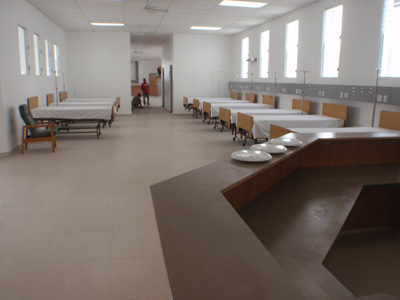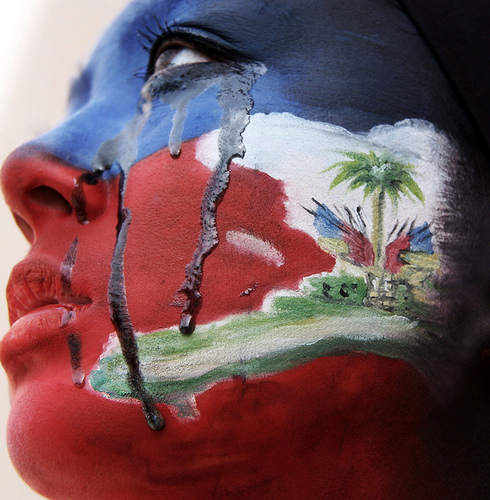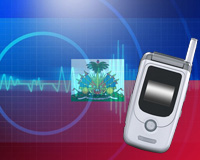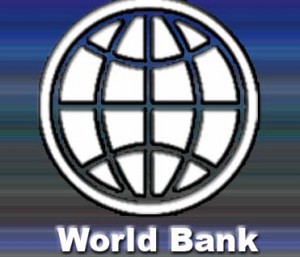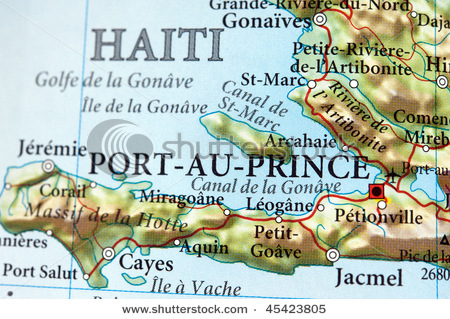Long Distance Relationship: Haiti's Bid to Join the African Union
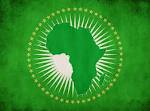 Below is a piece written by Ovetta Sampson for the Christian Science Monitor concerning Haiti's bid to join the African Union (AU). Haiti has been considered by many to be an orphaned African country. Membership would acknowledge Haiti's African roots, strong even today, and possibly open doors for credit and investment. Haiti's request for associate membership will be considered at the next AU Summit in June 2013. It would be a unique arrangement, but then again, Haiti is a unique country.
Below is a piece written by Ovetta Sampson for the Christian Science Monitor concerning Haiti's bid to join the African Union (AU). Haiti has been considered by many to be an orphaned African country. Membership would acknowledge Haiti's African roots, strong even today, and possibly open doors for credit and investment. Haiti's request for associate membership will be considered at the next AU Summit in June 2013. It would be a unique arrangement, but then again, Haiti is a unique country.




